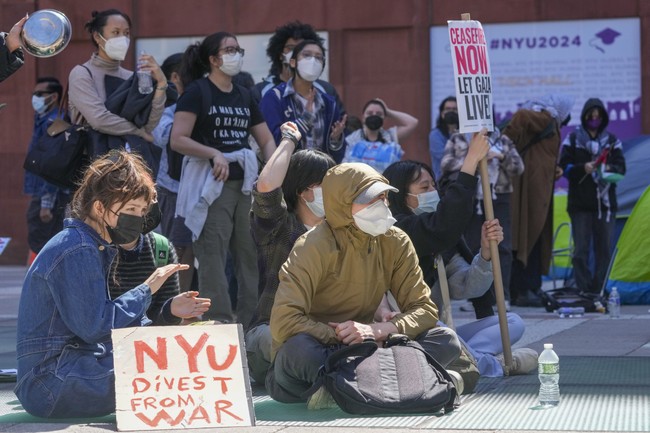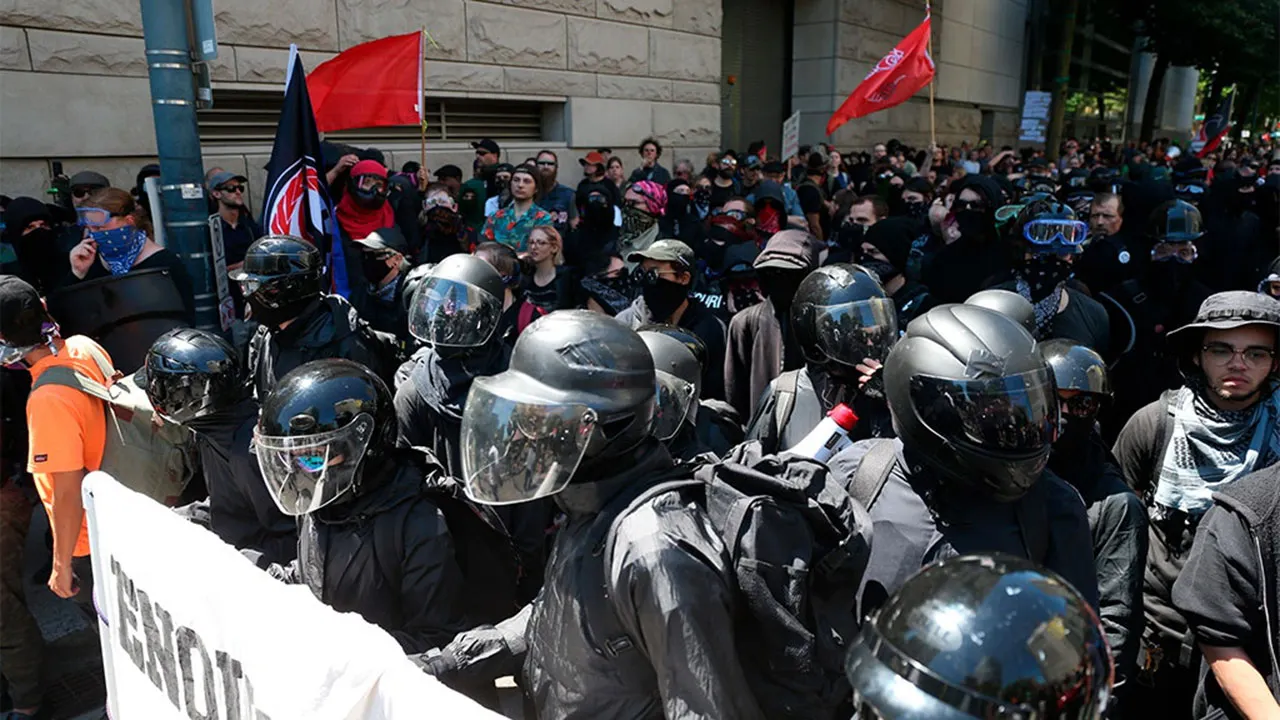CNN political commentator Scott Jennings sparked a heated exchange on-air Monday after defending the Trump administration’s deportation of criminal gang members, specifically those affiliated with the violent Venezuelan group Tren de Agua.
Jennings’ remarks drew immediate pushback from other panelists during the segment hosted by Abby Phillip.
The debate stemmed from recent media coverage suggesting that individuals deported under President Donald Trump’s immigration crackdown may have been wrongly identified based on tattoos or symbols resembling those associated with Tren de Agua.
Elon Musk Called This Financial News ‘Terrifying’
Despite those concerns, Jennings stood firm, asserting that non-citizens who commit violent crimes in the United States should not receive the same legal protections as American citizens.
“I delineate between American citizens and everyone else. If you’re a U.S. citizen, I put you in a different category,” Jennings said.
“And if you’ve come here and broken our laws and committed violent acts and raped and murdered and whatever, I put you in a different category.”
Phillip interrupted, arguing that such a distinction is not supported by U.S. law.
FREE Concealed Carry Gun Laws & Reciprocity Map
“When it comes to the law and due process, that is not a distinction,” she said.
Jennings responded, “Well, if you’d like to argue that Tren de Agua should have the same rights that you get as an American citizen, go ahead.”
His comments led to further pushback from other panelists, who called the position unconstitutional.
Jennings then posed a rhetorical question: “So you’re saying that a terrorist could walk across the border and become, effectively, a U.S. citizen?”
The exchange continued as Phillip emphasized that the government must provide proof before deporting anyone accused of being affiliated with a gang.
Jennings praised Trump’s approach, saying it successfully targeted individuals responsible for violent acts.
“Scott, look at me, okay? Because you and I are talking,” Phillip said.
“What I’m saying to you is that the law does not make a distinction between U.S. citizens and everybody else when it comes to crimes. Are you saying that that should not be in place? That if you happen to not be a citizen, you get to be thrown into a jail with no process at all?”
Jennings replied, “I’m saying these people are effectively terrorists, they walked across our border illegally, they are violent and I don’t really want them here … I think, eventually, the government will have to show all of its cards on everybody they have detained, deported or done anything to in this area. But there is no doubt that the Trump administration is [effectively] rounding up terrorists who came across here illegally, committed heinous acts and do not need to be in this country.”
The American Civil Liberties Union (ACLU) has raised concerns about the administration’s identification tactics.
The group published a document titled The Alien Enemies Validation Guide, which it claims is being used to classify suspected Tren de Agua members.
According to the guide, a person must score at least eight points to be considered affiliated with the gang.
Indicators include tattoos such as stars and the phrase “Real Hasta la Muerte,” or “Till death.”
The Trump administration cited the Alien Enemies Act of 1798 to justify deporting more than 200 individuals allegedly linked to Tren de Agua, bypassing the standard immigration court process.
On March 15, U.S. District Judge James Boasberg, appointed under President Obama, issued a ruling halting the deportations.
However, the ruling came after some deportation flights had already departed, sparking legal questions about the operation’s timing and lawfulness.
Despite the court ruling, deportation efforts have continued.
On Monday, Secretary of State Marco Rubio announced the successful transfer of 17 gang members affiliated with Tren de Agua and MS-13 to El Salvador.
He described the move as part of a “successful counter-terrorism operation” conducted the day prior.
Last night, in a successful counter-terrorism operation with our allies in El Salvador, the United States military transferred a group of 17 violent criminals from the Tren de Aragua and MS-13 organizations, including murderers and rapists.
In order to keep the American people…
— Secretary Marco Rubio (@SecRubio) March 31, 2025
The legal and political fallout over the administration’s handling of violent illegal alien offenders remains ongoing as lawmakers and advocacy groups weigh in on the constitutional and human rights implications of expedited deportations.
American Made Patriotic Apparel – Save 15% with Promo Code MERICA
The opinions expressed by contributors and/or content partners are their own and do not necessarily reflect the views of LifeZette. Contact us for guidelines on submitting your own commentary.
Read the full article here


![CNN Panel Triggered by Scott Jennings Defending Deportation of Illegal Alien Gang Members [WATCH] CNN Panel Triggered by Scott Jennings Defending Deportation of Illegal Alien Gang Members [WATCH]](https://www.rvmnews.com/wp-content/uploads/2025/02/2025.02.04-02.29-rvmnews-67a2244b961be.jpg)









